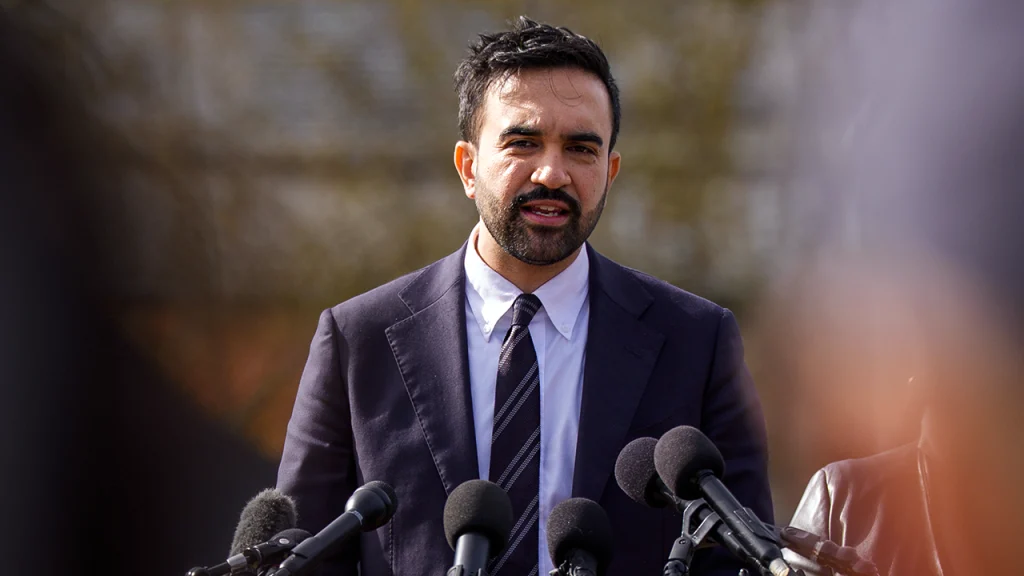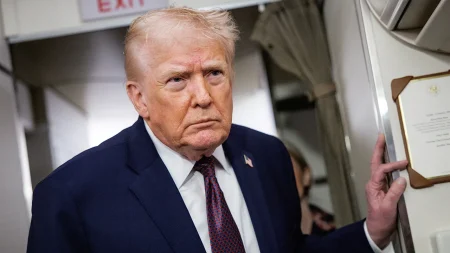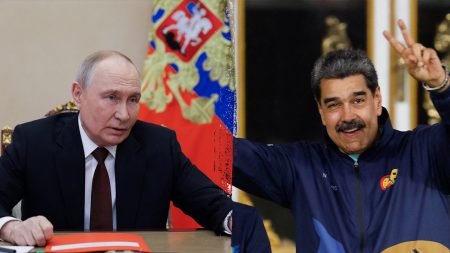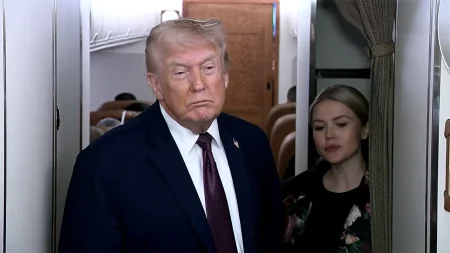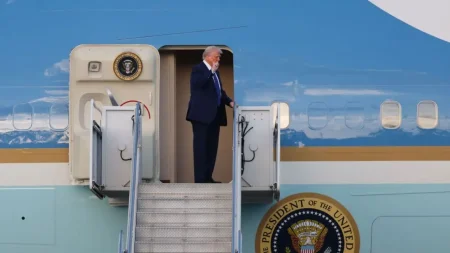Republican Senator Targets NYC Mayor-Elect Over Netanyahu Arrest Comments
In a bold legislative move, North Carolina Republican Senator Ted Budd has introduced a bill directly challenging New York City Mayor-elect Zohran Mamdani’s controversial stance on arresting Israeli Prime Minister Benjamin Netanyahu. The “American Allies Protection Act” would cut Department of Justice funding to any city that attempts to enforce International Criminal Court (ICC) arrest warrants against officials from NATO countries or major non-NATO allies like Israel. This legislation comes in direct response to Mamdani’s repeated statements about his willingness to enforce the ICC’s arrest warrant against Netanyahu, which accuses the Israeli leader of war crimes including intentionally attacking civilians and using starvation as a method of warfare. The proposal highlights growing tensions between progressive municipal leaders and federal lawmakers over international law and foreign policy priorities.
The confrontation between Senator Budd and Mayor-elect Mamdani represents more than just a policy disagreement—it embodies a fundamental clash of perspectives on America’s relationship with international legal institutions and its allies. Mamdani, who recently met with President Donald Trump at the White House, has defended his position by describing New York as a “city of international law” committed to upholding ICC warrants regardless of whether they target Netanyahu or Russian President Vladimir Putin. This stance has alarmed many pro-Israel advocates, with the Anti-Defamation League’s chief even warning that Mamdani poses a “clear and present danger” to New York’s Jewish community. Senator Budd, for his part, has dismissed Mamdani’s position as legally baseless, characterizing it as an attempt to “virtue-signal to his radical, anti-Israel base” rather than a legitimate policy stance. The senator emphatically stated that the United States is “not bound by the morally bankrupt” ICC, framing Mamdani’s comments as a potential threat to America’s relationships with its closest allies.
The proposed legislation includes strategic flexibility despite its hardline approach, containing an override provision that would allow the president to waive funding penalties if cooperation with the ICC is deemed necessary for national security purposes. This nuance suggests that even while taking a strong stance against what he sees as municipal overreach into foreign policy, Budd recognizes the complex realities of international relations that might occasionally require pragmatic exceptions. The bill specifically targets cities that might attempt to enforce ICC warrants against officials from NATO countries or major non-NATO allies like Israel, signaling an attempt to shield a broad range of international partners from what Budd views as illegitimate prosecution. The fact that such legislation is being introduced before Mamdani has even taken office indicates the seriousness with which some federal lawmakers view his statements and the potential precedent they might set.
What makes this situation particularly notable is how it reveals the complicated intersection of local governance, federal authority, and international relations in American politics. Traditionally, foreign policy has been the domain of the federal government, with cities and states playing minimal roles in international affairs. Mamdani’s position challenges this norm, suggesting that municipal leaders can and should take independent stands on global issues—even when they contradict federal policy. This tension highlights a broader trend of progressive local officials seeking to assert influence in areas typically reserved for national leadership, from climate agreements to immigration enforcement and now international criminal justice. Senator Budd’s legislation represents a direct pushback against this trend, reasserting federal primacy in foreign affairs and attempting to limit the ability of local officials to pursue independent international policies.
Interestingly, the Netanyahu issue apparently did not come up during Mamdani’s recent meeting with President Trump, according to Trump’s own account. This omission is striking given the controversy surrounding Mamdani’s statements and Trump’s well-known close relationship with Netanyahu. The meeting itself generated significant attention, with some conservatives expressing dismay that Trump would meet with Mamdani, whom critics have labeled a “communist.” Trump, however, seemed to find common ground with the progressive mayor-elect, remarking that they had “one thing in common” without elaborating further. This unexpected cordial interaction between political figures from opposite ends of the spectrum adds another layer of complexity to an already multifaceted situation, demonstrating how American politics can sometimes defy simple categorization along partisan lines.
As this legislative battle unfolds, it will likely test the boundaries of federal authority over municipal governments in matters touching on foreign policy and international law. The outcome could have significant implications not just for New York City and Israel but for the broader relationship between cities and the federal government across the United States. If passed, Budd’s legislation would establish a clear financial disincentive for any city contemplating actions similar to what Mamdani has proposed. However, even if the bill doesn’t become law, its introduction serves as a warning shot across the bow of progressive municipal leaders who might consider using their positions to influence international affairs in ways that contradict federal policy. As Mamdani prepares to take office and the Biden administration transitions to a second Trump administration, this conflict underscores the ongoing tensions between different levels of government and different visions of America’s role on the world stage.





